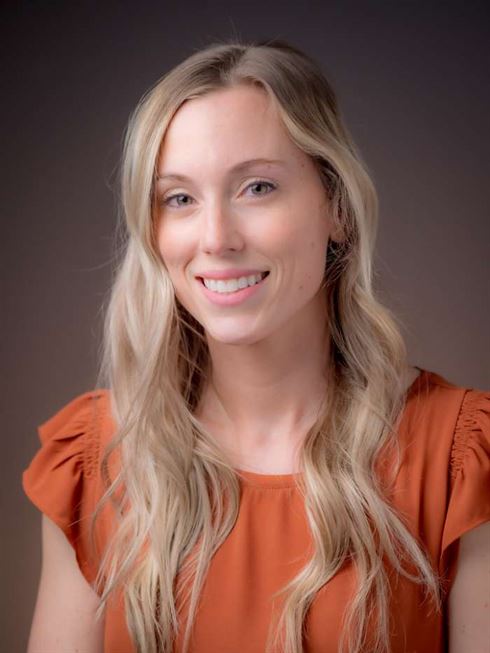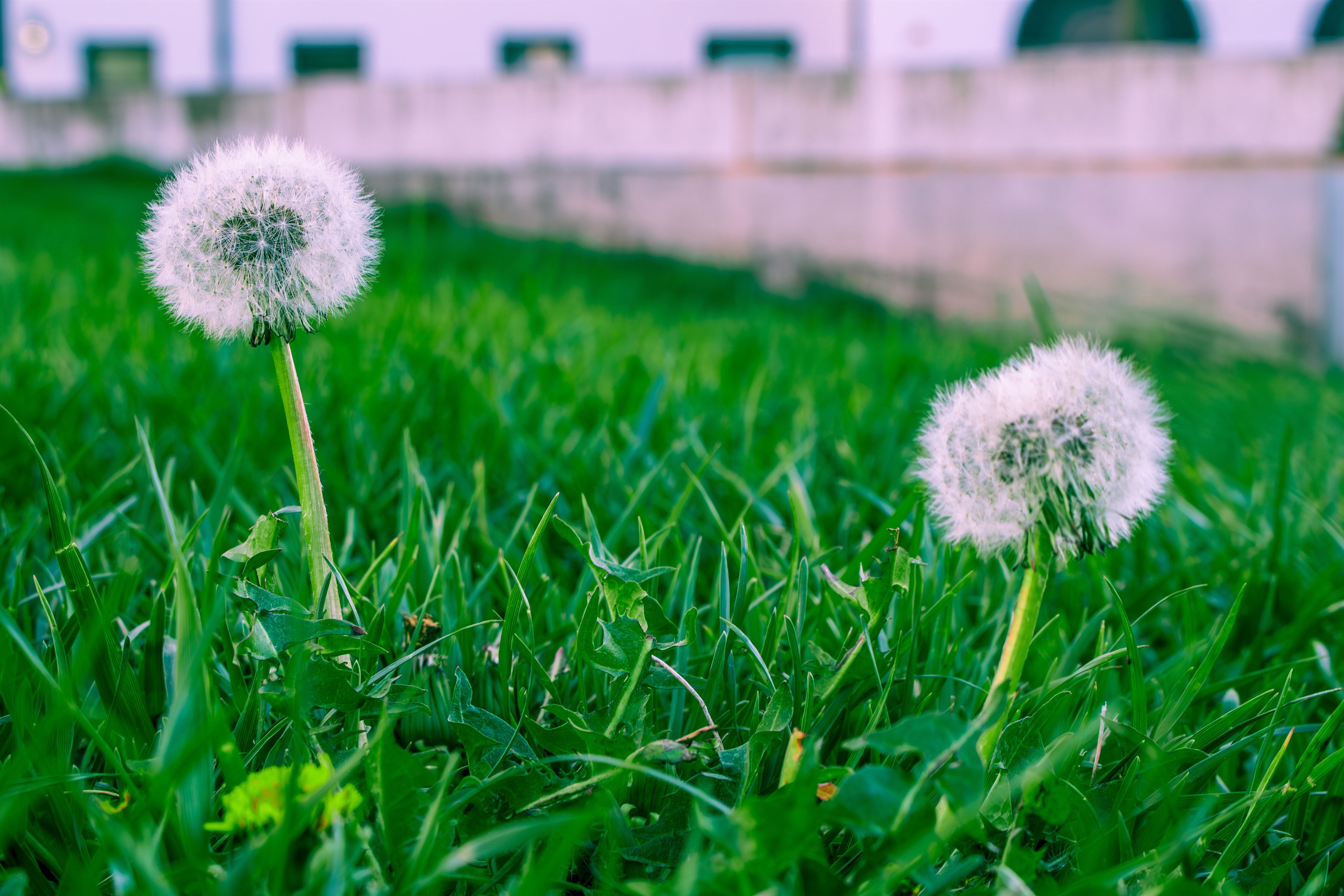Spring is officially here at Montclair State University. The cherry blossoms are in bloom and the trees are a vibrant shade of green. Throughout campus, abundant pollen can be found wafting through the air. The beautiful scenery comes at a cost — seasonal allergies.
In classrooms, students can be heard sniffling and sneezing. These pesky allergies can cause discomfort and missed classes. Montclair State is a nature-filled campus with various types of trees, making pollen a common natural occurrence. Different types of flowers and shrubbery are scattered between buildings and dorms, affecting students differently.
Julianna Martin, a junior child advocacy and policy major, juggles having allergies while getting her education. She feels annoyed at her symptoms and at her eyes for turning red. With her allergies starting a week ago, she is now in the midst of it.
“My advice to people is to take as much medicine as needed,” Martin said. “It is always better to be prepared.”

Julianna Martin, a junior child advocacy and policy major, has suggestions for fellow students suffering from seasonal allergies.
Photo courtesy of Julianna Martin
Montclair State offers resources for students who are dealing with allergy symptoms. The University Health Center is located on the first floor of Blanton Hall and is able to examine, diagnose, treat and prescribe medications. As final exam season arrives, the health center urges students to ask for help if they need it. The office staff predominately consists of advanced practice nurses, also known as nurse practitioners.
The health center empathizes with those with allergies and is prepared to help students out. Nurse Janele Coppola described how the Health Center helps students get through allergy season.
“The advice typically given to patients for treating allergy symptoms is to most importantly begin taking allergy medications consistently,” Coppola said. “First-line treatment options consist of nasal steroid sprays, such as Flonase or Nasacort (or generic substitutes). Second-line options would include adding a daily oral antihistamine such as Claritin, Zyrtec or Allegra (or generic substitutes). Some patients require both of these medications before reaching goal symptom relief. If goals are not met after several weeks of taking these medications, students would be encouraged to follow up with an allergist.”

Janele Coppola, a certified Family Nurse Practitioner at the University Health Center, explained how the Health Center treats students' allergies.
Photo courtesy of Janele Coppola / University Health Center
Without proper treatment, allergies can have a dire effect on one’s education. There can even be a link between mental and physical well-being.
“Untreated allergies can lead to persistent symptoms such as a runny nose, cough, congestion, irritability, fatigue and headaches. As with any untreated medical disease, untreated allergies could certainly impact someone’s physical well-being and in certain instances mental well-being. Allergic rhinitis, a common symptom of seasonal allergies, has been associated with anxiety, depression, reduced academic performance, poor concentration and work productivity,” Coppola said.
Emily Gazzillo, a sophomore biology major, is currently suffering from seasonal allergies and has dealt with them for as long as she can remember. Gazzillo copes by hiding inside and waiting the season out.
“My allergies are not as bad when I stay inside [more],” Gazzillo said. “I would recommend to people to take their medicine so their allergies don’t affect their school work.”

Emily Gazzillo, a sophomore biology major, also suffers from seasonal allergies.
Photo courtesy of Emily Gazzillo
Although allergies can impact the day-to-day life of students, there are some ways to combat them. One of the major factors in allergies is your location.
“Students should be knowledgeable about any allergies they may have,” Coppola said. “Students should keep in mind the weather and season changes, specifically times of high pollen counts. Students should stay inside during these times especially if symptoms are present. Students are encouraged to keep [the] car and house windows closed, use air conditioning if accessible, take a shower before bed to rinse any pollen off and wear a dust mask if needed with long periods of outdoor activity.”
Although seasonal allergies are a nuisance there are precautions that can be taken by students. The University Health Center operates from 8:30 a.m. to 6 p.m. Monday through Friday and 11 a.m. to 3 p.m. Saturday. The center is closed Sundays. To schedule an appointment, call 973-655-3459.



